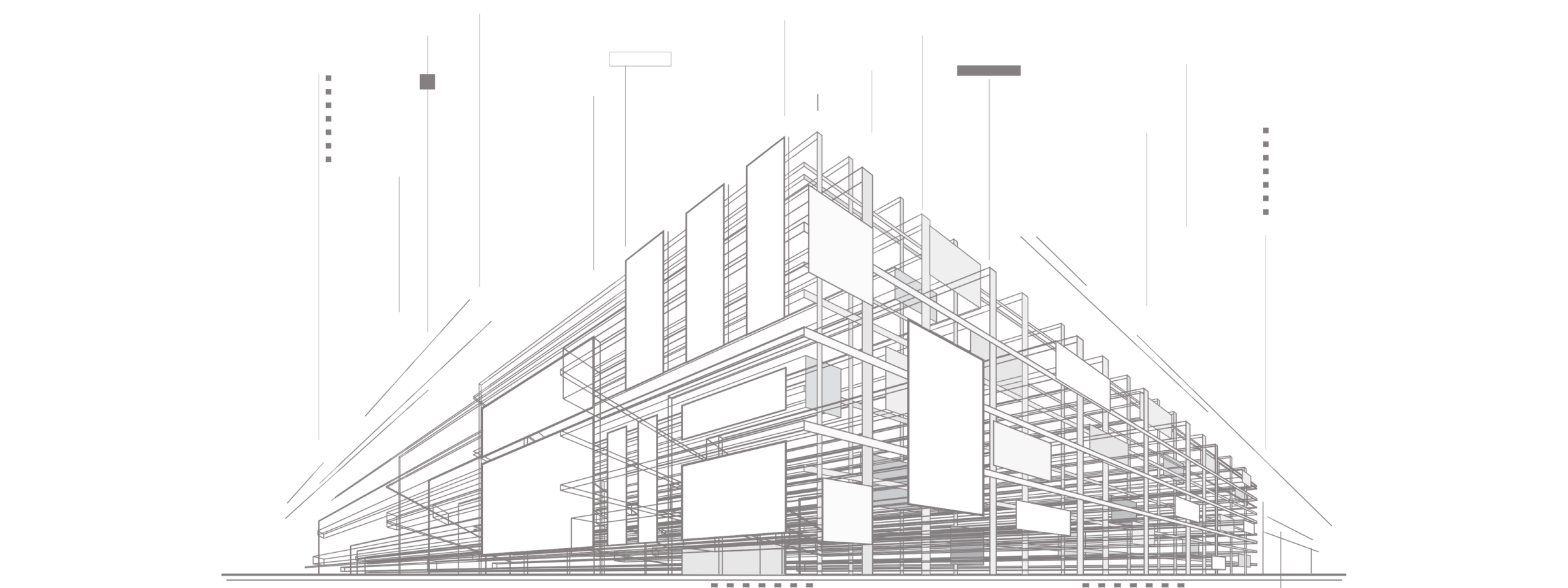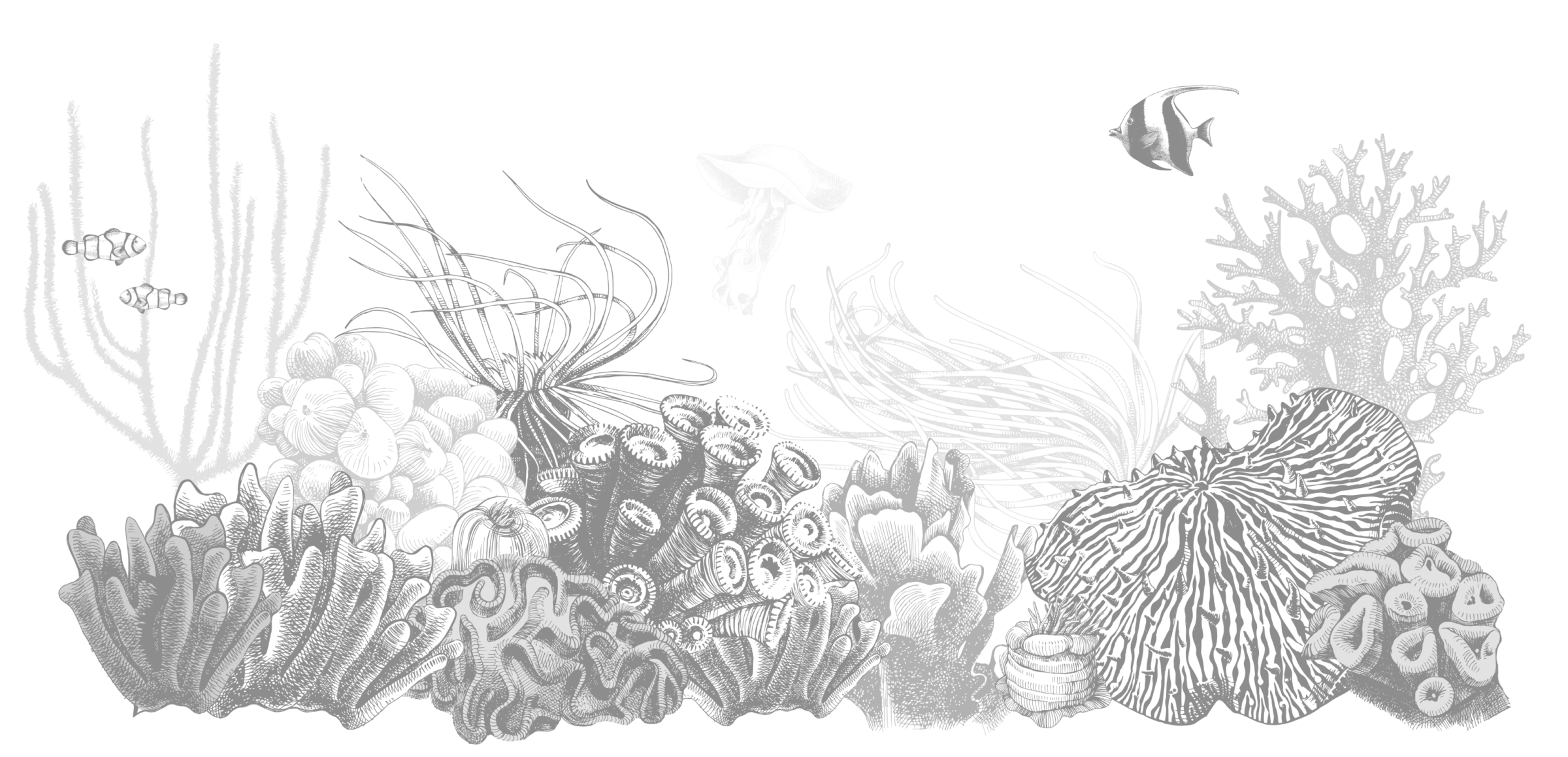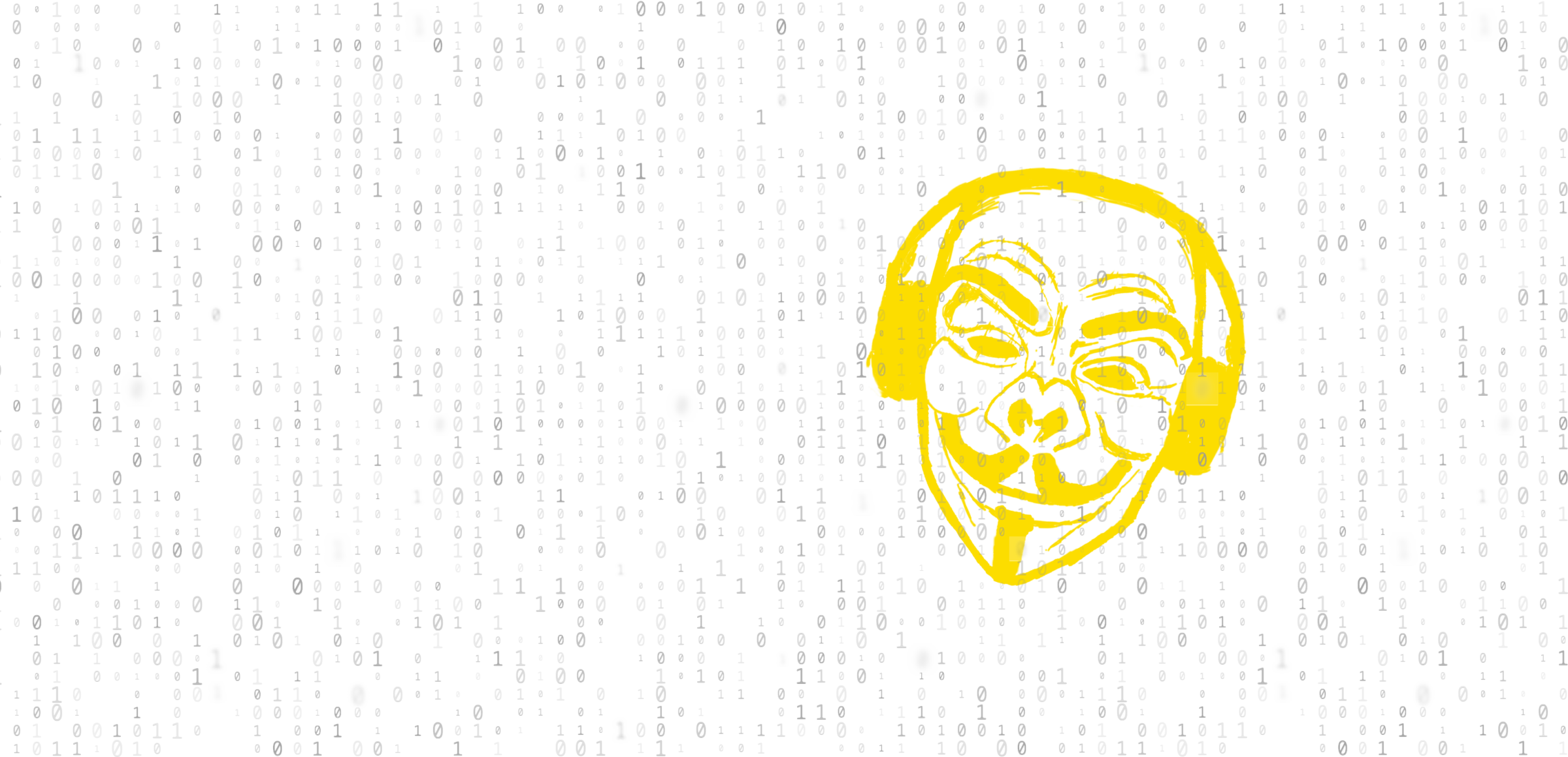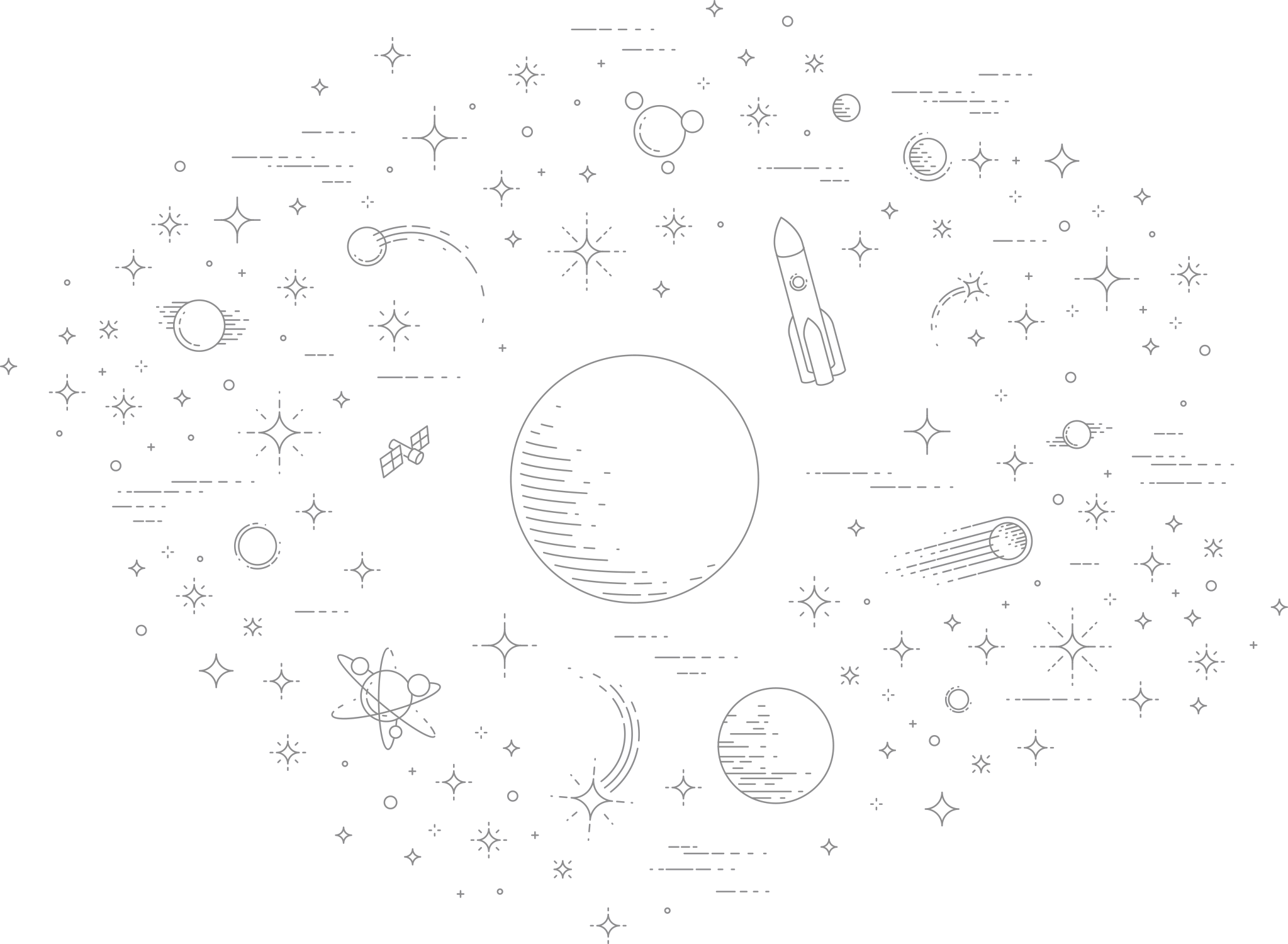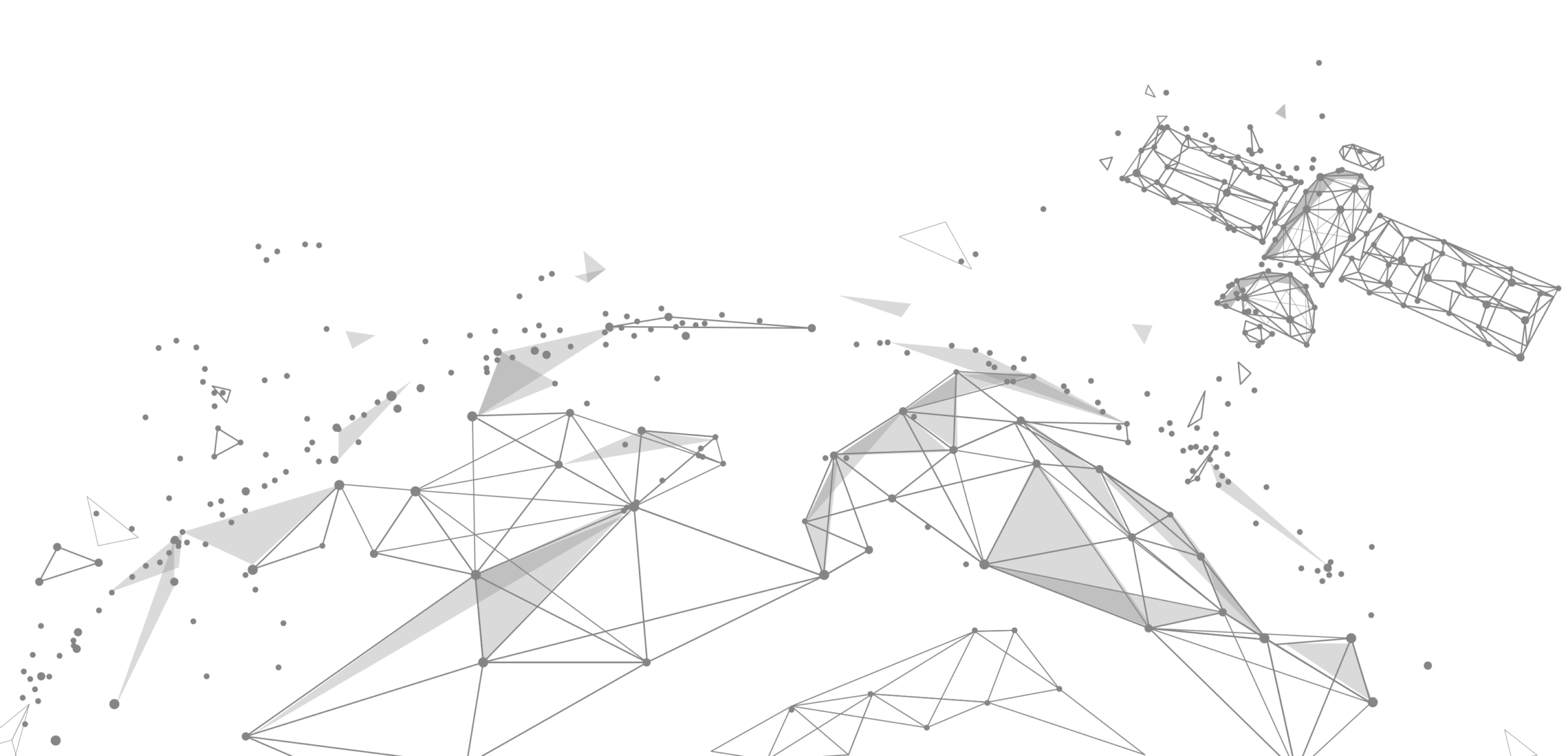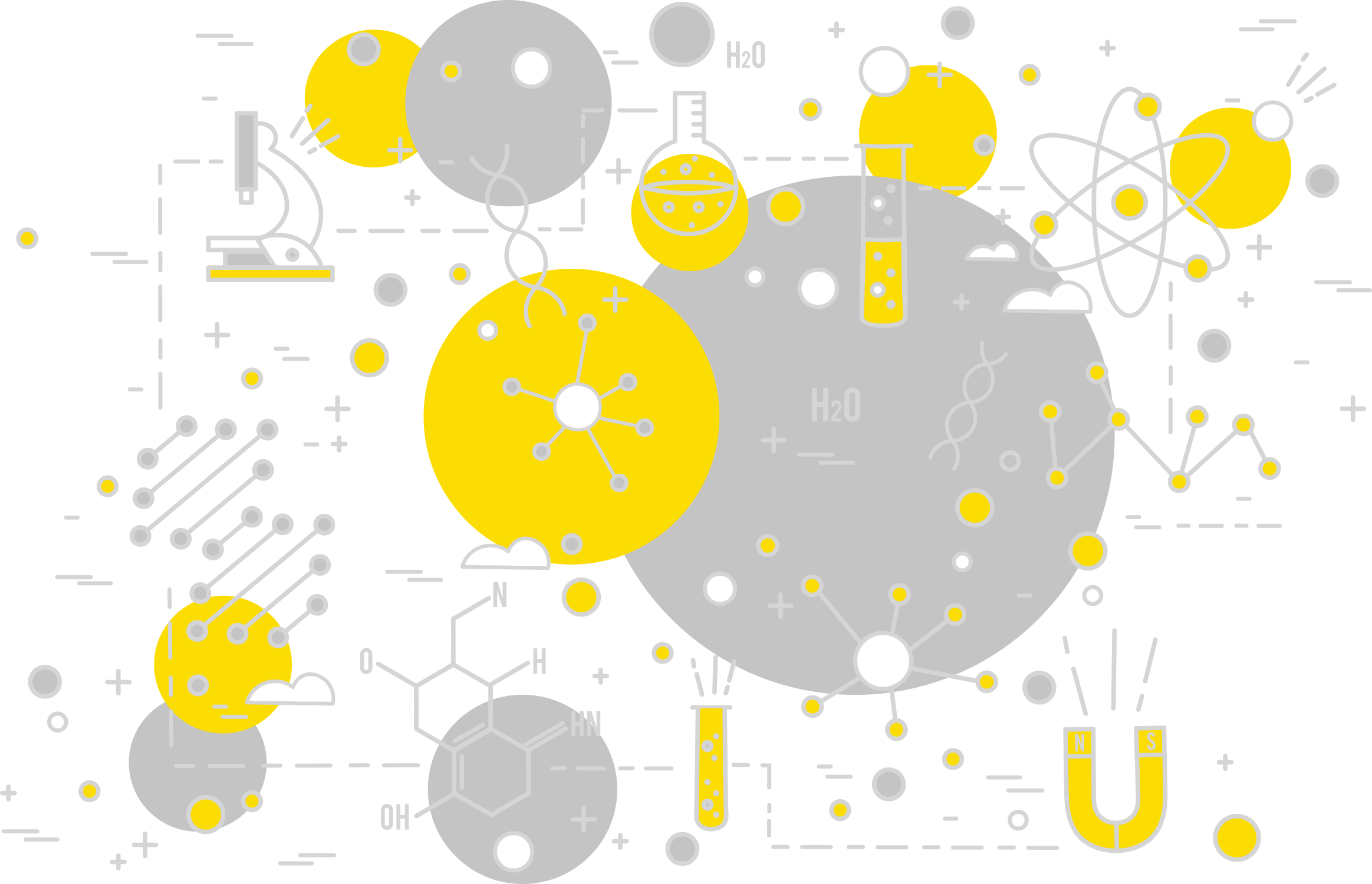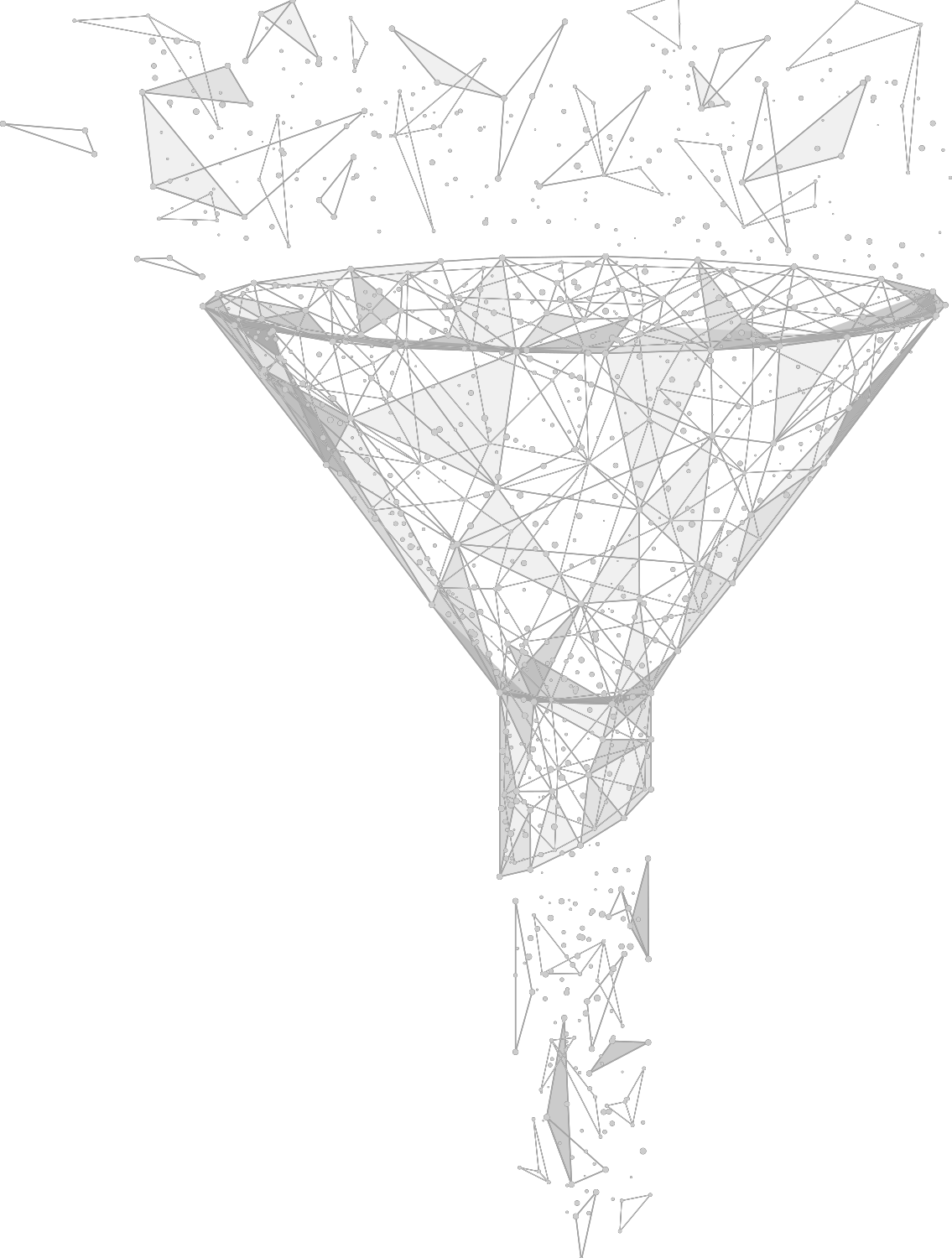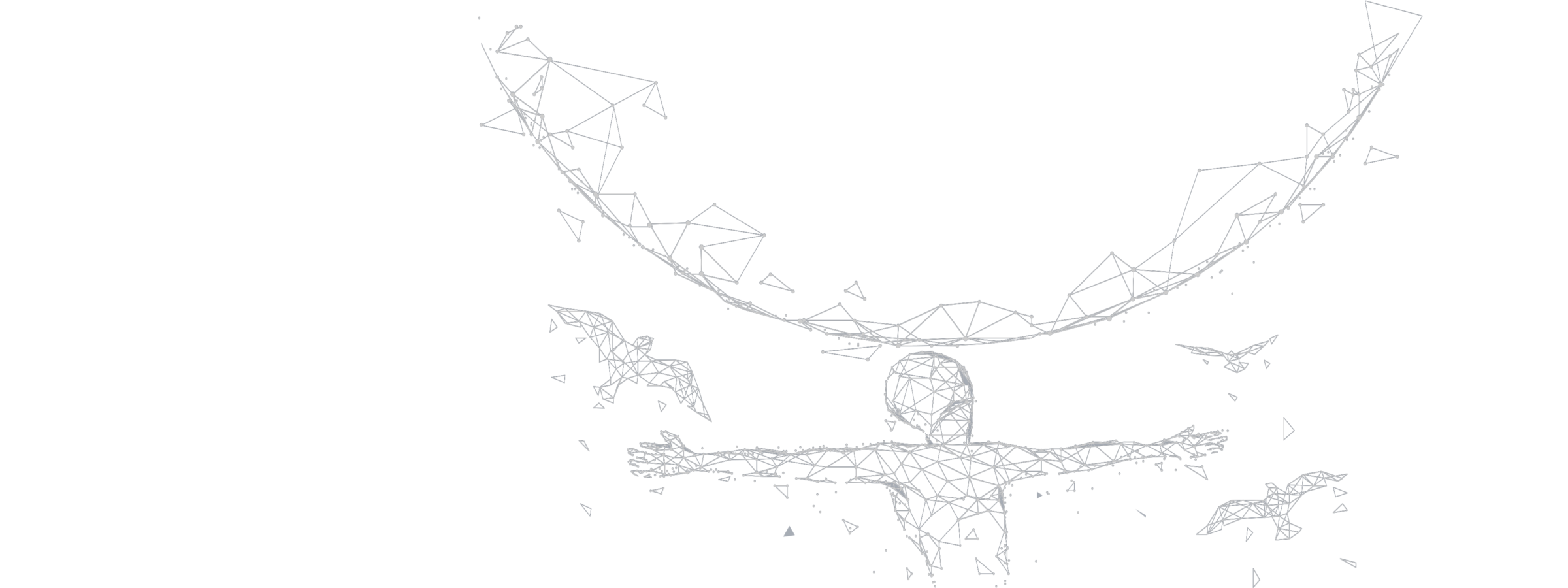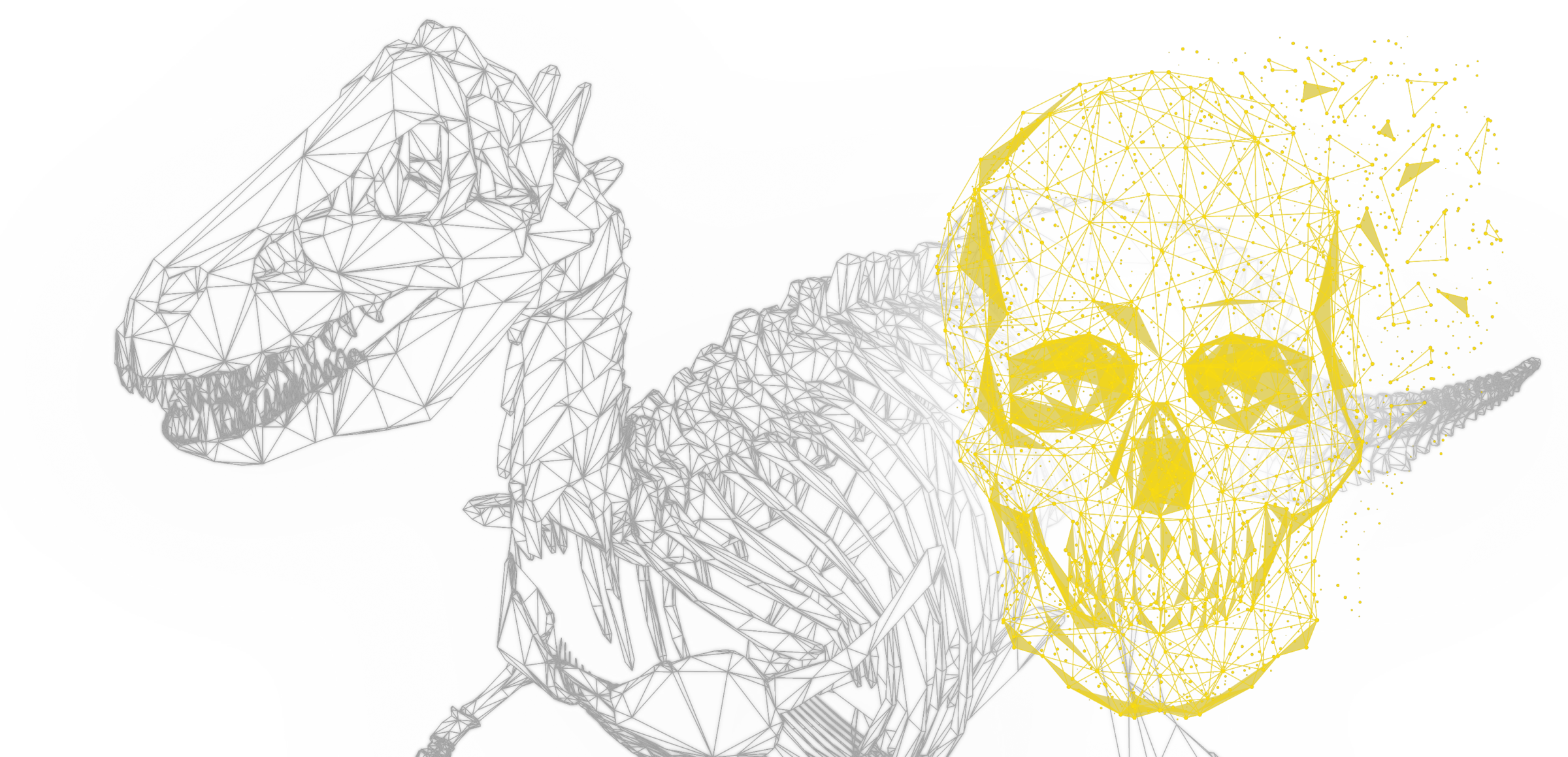
The Mysterious Origins of Fossils
It’s often claimed that fossils provide convincing evidence for Darwinian evolution in the history of life. But is that really the case? Join paleontologist Günter Bechly, geologist Casey Luskin, and evolutionary biologist Richard Sternberg as they explore the state of the debate over the fossil record and the evidence for Darwinian evolution. Plus, philosopher of science Stephen Meyer, author of the New York Times bestseller Darwin’s Doubt weighs in as well.
